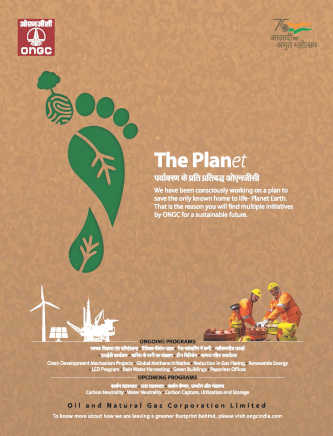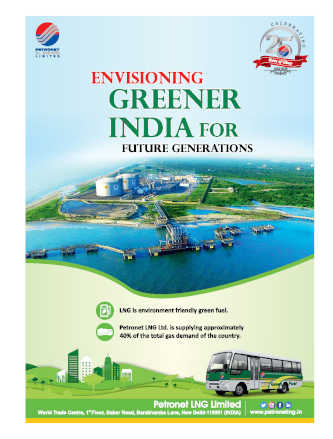Climate change will make it harder for the world’s poorest people to migrate as it leaves them “extremely vulnerable” to continued impacts and increased poverty, new research finds. The paper, published in Nature Climate Change, finds that as the impacts of climate change become more severe, people will be increasingly affected by “resource-constrained immobility” – meaning that they do not have the resources to migrate. The authors find that in a “medium” emissions scenario, there will be a 10 per cent decrease in migration for the lowest income groups by the end of the century. In the most pessimistic emissions scenario, this number will rise to 35 per cent, they add. The paper underscores the importance of policymaking to address the challenges brought to vulnerable populations by immobility in addition to climate-driven migration. A scientist not involved in the study says that this work supports “[continuing] to further understand the likely plight of those experiencing ‘resource-constrained (international) immobility’ [and] its consequences”. As the climate warms and extreme events around the world become more severe, one adaptation strategy is to migrate to avoid the worst impacts of climate change. In 2020, there were around 281 million international migrants, constituting more than 3 per cent of the world’s population. People may migrate to flee persecution, to seek economic opportunity, or to join family abroad. Climate change has accelerated international emigration – or out-migration – especially when it is linked with armed conflict. However, the authors of the new study note that less research has focused on people living in areas threatened by climate change who are unable to migrate due to resource deprivation. They call this “immobility”. Lead author Dr Hélène Benveniste from Harvard University’s Centre for the Environment told a press briefing that “climate change does not only affect the aspiration to move, but also the ability to do so”.
-

In the most pessimistic emissions scenario, there will be a 35 per cent decrease in migration























